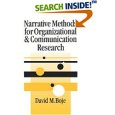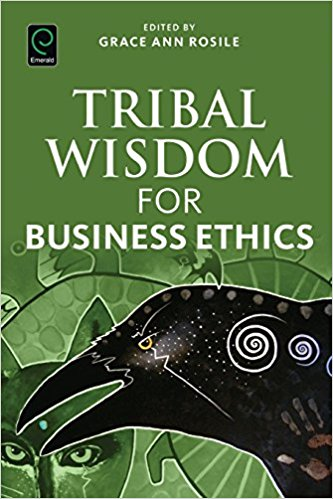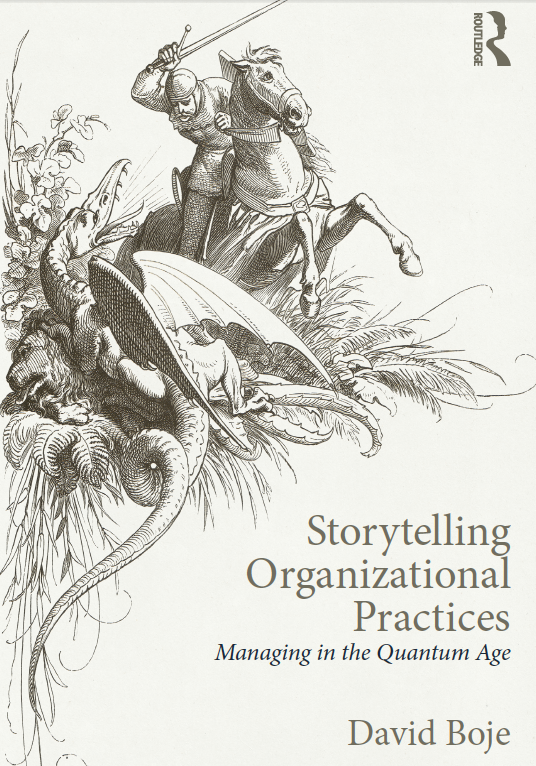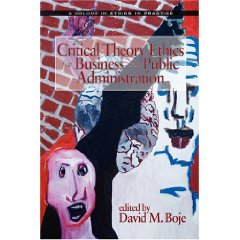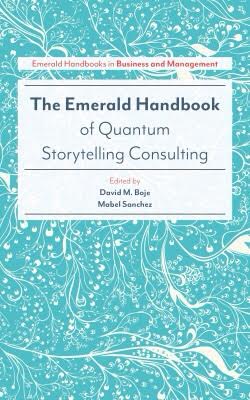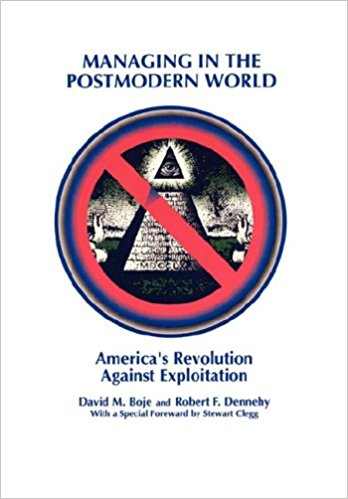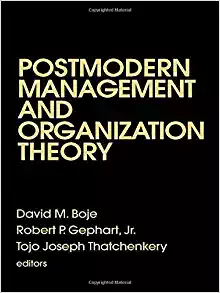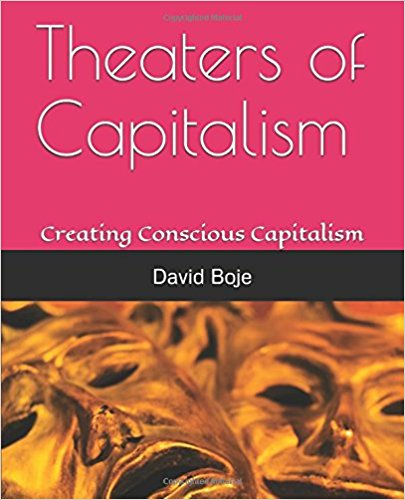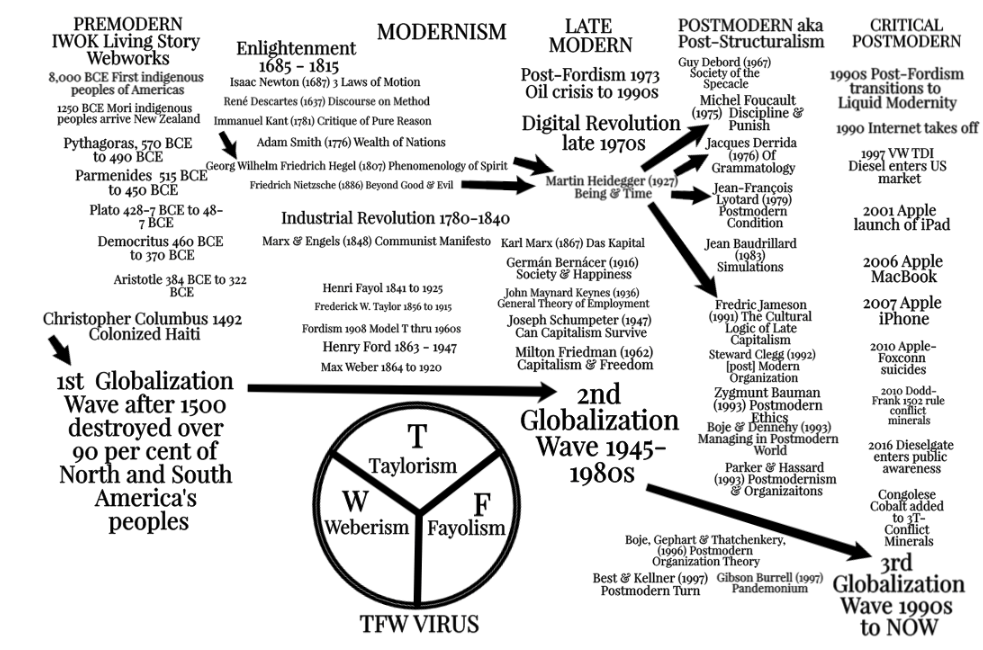Seminar Paris - FNEGE - GEM-L, HRM, Knowledgemagemnt Keytnote by David Boje
To find out watch a 4 minute YouTube
then please read this Study Guide: what is a living story
click for BOJE KEYNOTE: Living Story alternatives to Western Narrative Globalization and Human Extinction
Theme: Can Living Story and Antenarrative process be waysto do bottom-up implementation of UN Sustainability Goals, bere for the 6th Extinction is irreversible?
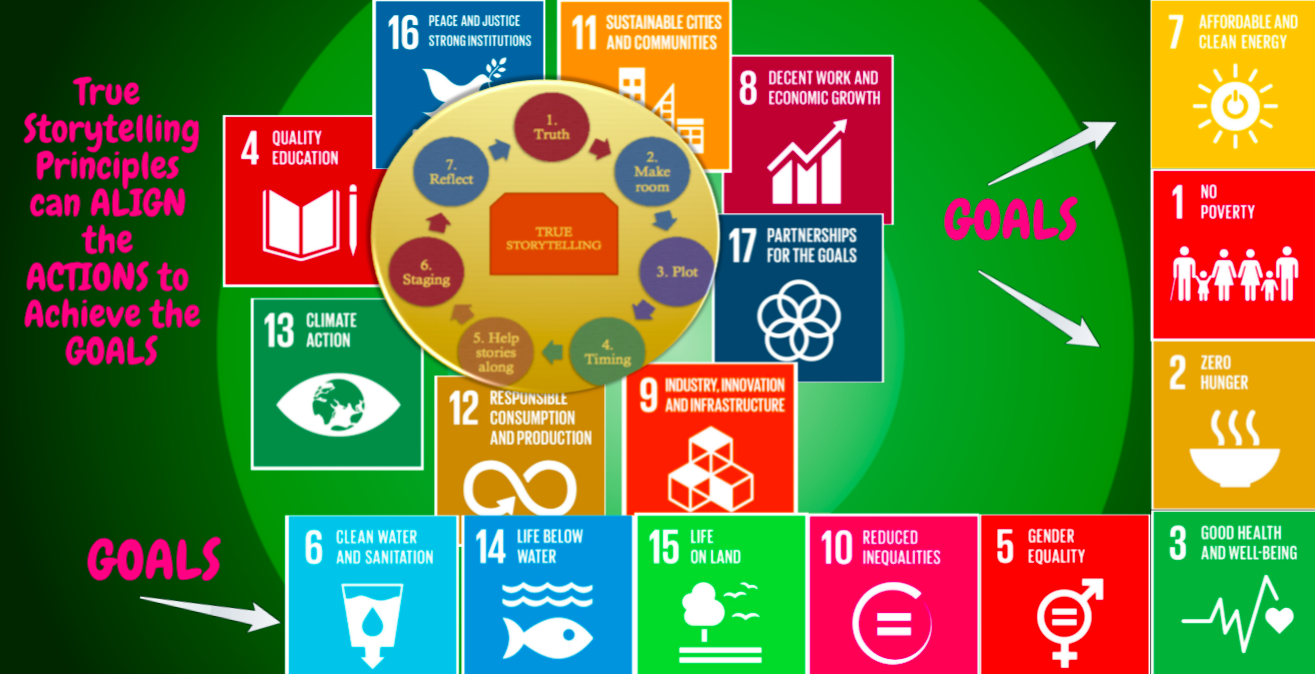
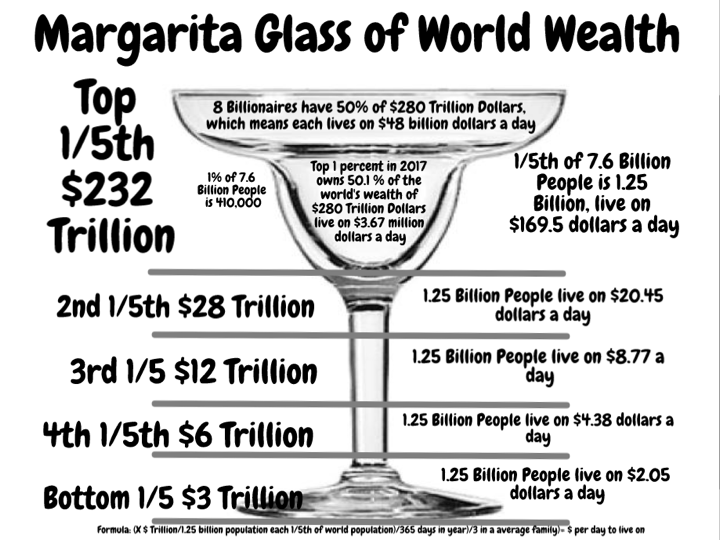 & why do we believe in FAILED ECONOMY MODELS?
& why do we believe in FAILED ECONOMY MODELS?
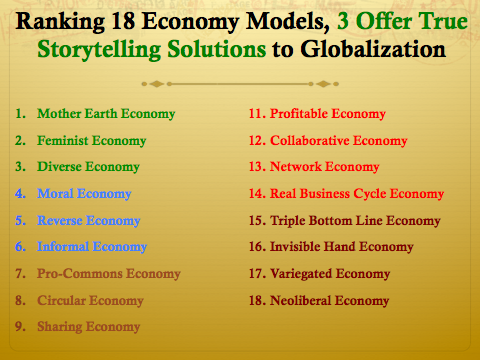 This next one is 15th worst of them all
This next one is 15th worst of them all
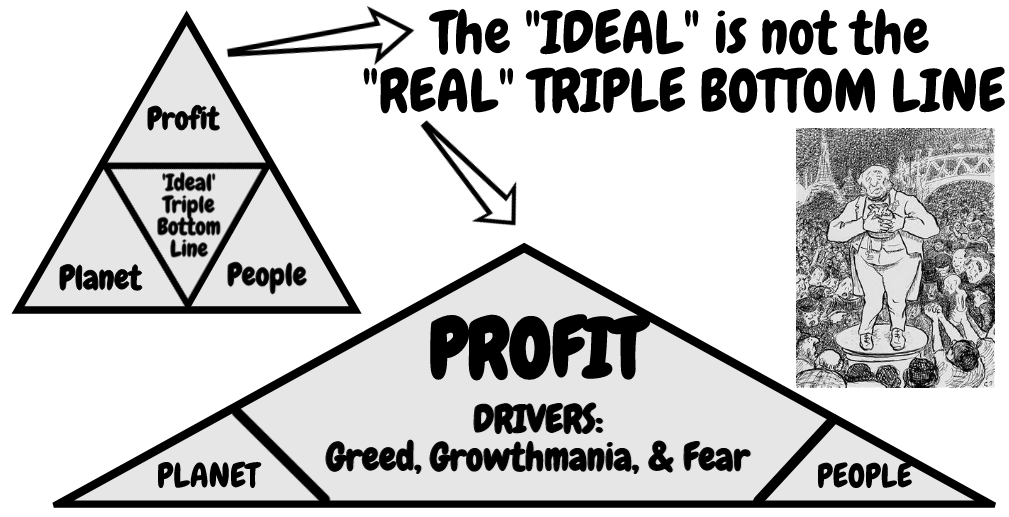
'REAL' Triple Bottom Line looks like this
What can we do to make it work? Mother Earth Economy Model is True Storytelling of our Potentiality
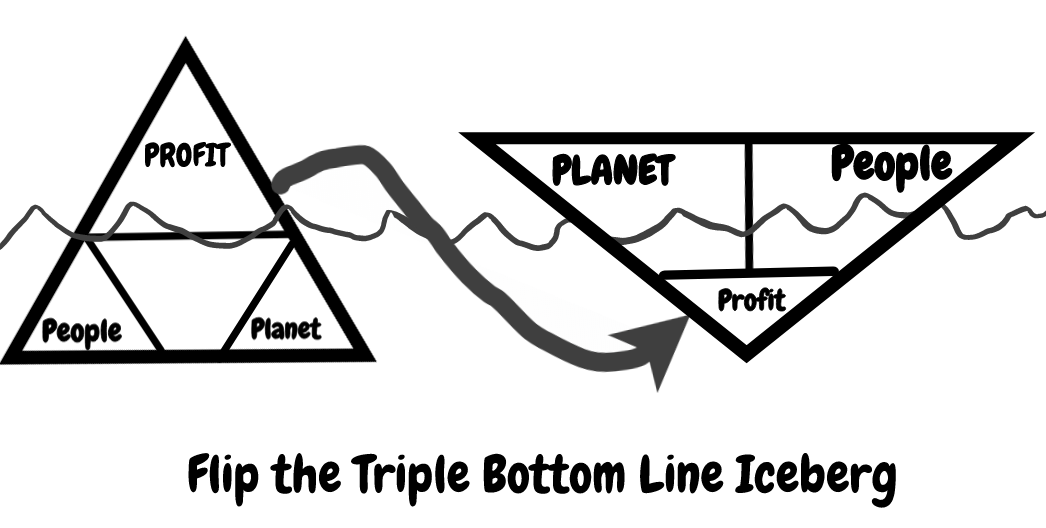
IWOK stands for Indigenous Ways of Knowing. Mātauranga Māori means Māori Ways of Knowing (MWOK) the environment. Both are about Webworks of Living Stories that are different from Western narrative research methods that reduce the aliveness of living story to form and linear plot structure. Boje will introduce deep layers of living story research using the Volkswagen Dieselgate scandal and its relation to conflict mineral mining after generations of colonization in Democratic Republic of Congo.
I am increasingly concerned about the current state of Globalization Storytelling in what Zygmunt Bauman calls 'Liquid Modernity.' It is a time when Post-Fordism has merged with the worst of Postmodern hyperreality, in a time of Fake News, Fake Presidents, Fake Corporations where getting to 'true storytelling' methodology is all but impossible. We live in a time when racist rhetoric, ethnic prejudice, and climate denial has become nornalized in Western ways of narrative in our academic and political institutions. I think its time to engage in more IWOK and less WWOK of corporate speak, a more critical postmodern paradigm of storytelling.
Kaua e takahia te mana o te tangata Nga Huia Te Awe Kotuku – Don’t trample on the integrity of the people -- cited in Tuhiwai Smith 1999: 120

